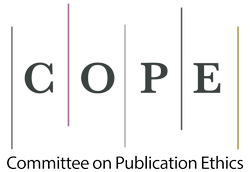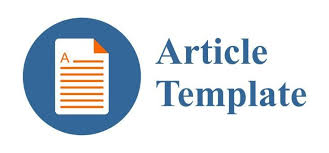DEVELOPING CRITICAL THINKING SKILLS IN STUDENTS
Keywords:
Imagination, Vocabulary Development, Creative Learning, Storytelling, Role-Playing,VisualizationAbstract
Critical thinking is a main skill that enables students to analyze data, solve issues, and make informed decisions. This article explores the importance of increasing critical thinking skills in students and shows effective strategies for encouraging these skills in educational sunsets. It debates the role of inquiry-based learning, problem-solving activities, and open-ended arguments in enhancing students’ mental abilities. The study also emphasizes the difficulties teachers' face ancouraging critical thinking and proposes practical solutions. Advancing critical thinking skills makes students for academic success and provides them with crucial life skills for future challenges.
References
1. Ennis, R. H. (2011). The Nature of Critical Thinking: An Outline of Critical Thinking Dispositions and Abilities. University of Illinois.
2. Paul, R., & Elder, L. (2014). Critical Thinking: Tools for Taking Charge of Your Learning and Your Life. Pearson Education.
3. Facione, P. A. (1990). Critical Thinking: A Statement of Expert Consensus for Purposes of Educational Assessment and Instruction. The Delphi Report, American Philosophical Association.
4. Halpern, D. F. (2014). Thought and Knowledge: An Introduction to Critical Thinking. Psychology Press.
5. Lipman, M. (2003). Thinking in Education. Cambridge University Press.
6. Brookfield, S. D. (2012). Teaching for Critical Thinking: Tools and Techniques to Help Students Question Their Assumptions. Jossey-Bass.





























